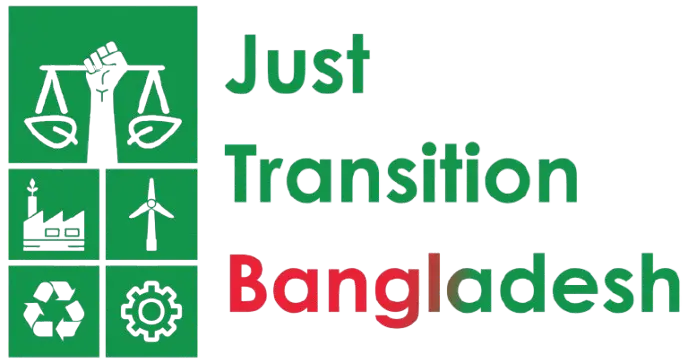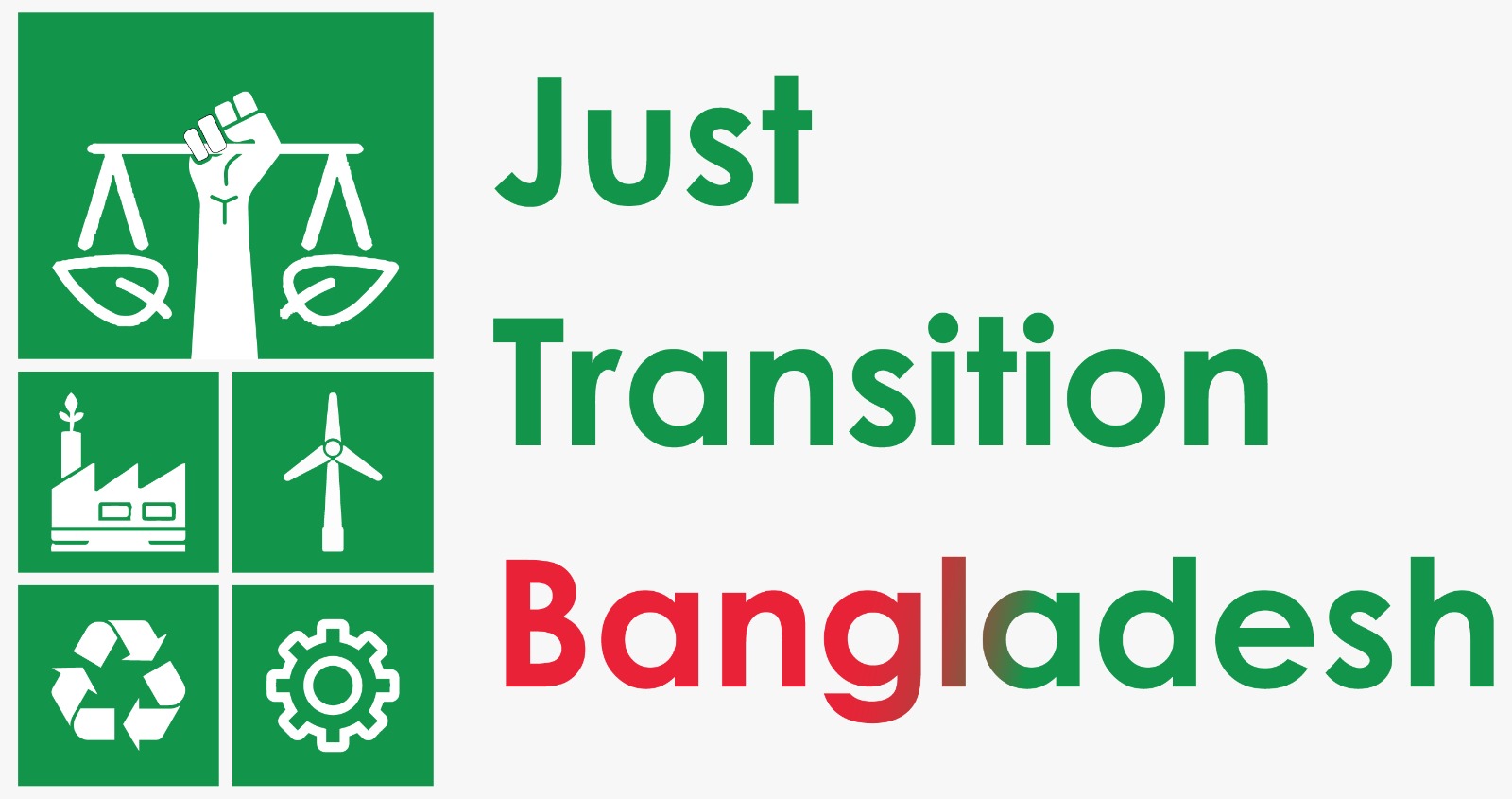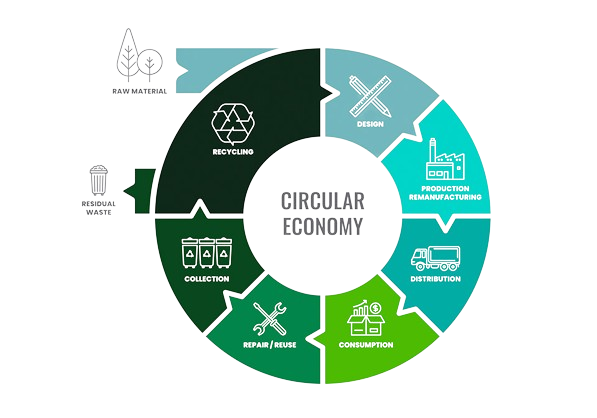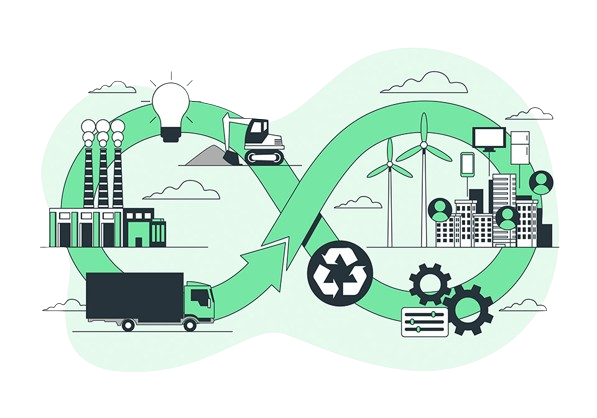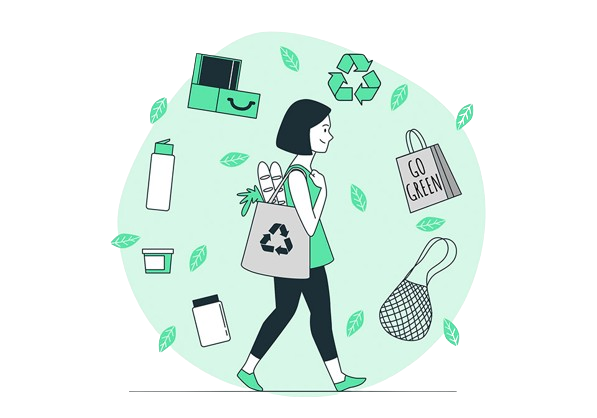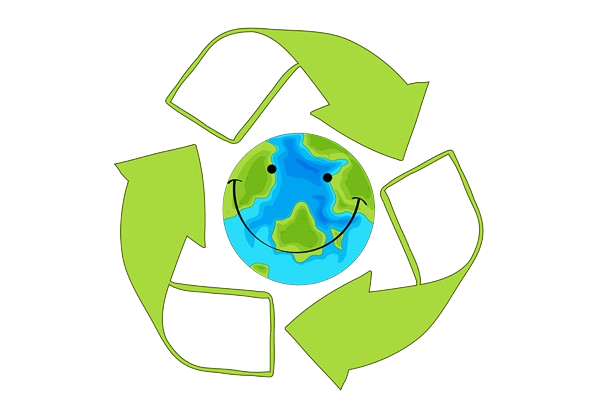A standard economic model for justified world
Responsible Production
We have to be more responsible in producing things. Apart from maximizing profits, we must produce things in such a way that those are durable, made with such materials which are easily recyclable and do less damage to the nature. Policy should be made in national and international level regarding that.
Reduce
Reuse
Reuse means using the same product again and again. We tend to buy new products everyday while we can just keep using the same product we already have. We should use the products we already have properly and repair them if necessary. We can always give our old clothes to our younger siblings rather than throwing them away. We can use one shopping bag or grocery bag every time rather than taking new bags from the shops every time we shop.
Recycle
Recycling means transforming waste materials into fresh materials and items, often incorporating the extraction of energy from these waste materials.
When a product is not usable by anyone, we should just recycle that product. We should keep separate bins for dry waste and wet waste. We should have the knowledge of which product is made of what materials so that we can give it for recycling.
Responsible Disposal
Why do we need circular economy?
We need to shift to a circular economy as soon as possible. The world is facing numerous problems like global warming, environment pollution, automation, job loss etc. A circular economy model can mitigate these problems.
Moving towards a circular economy offers a comprehensive approach to sustainable development, promoting economic prosperity, environmental stewardship, social equity and just transition. Rethinking production, consumption and waste management practices is crucial for building a resilient, equitable and regenerative economy that meets the needs of present and future generations.
The world’s population is growing very rapidly and with it the demand for raw materials is also growing. But, the supply of raw materials is limited. In a circular economy, earth’s resources are utilized for an extended period of time through fair practices.
A shift to more durable products that can be reused, upgraded and repaired would reduce the amount of waste. A circular economy aims to eliminate waste generation, thereby reducing environmental pollution and greenhouse gas emissions.
A circular economy promotes innovation in product design, resource management in such a way that this will create new markets and job opportunities.
A circular economy minimizes environmental degradation by reducing pollution and safeguarding biodiversity.
Another benefit from the circular economy is a reduction in total annual greenhouse gas emissions.
